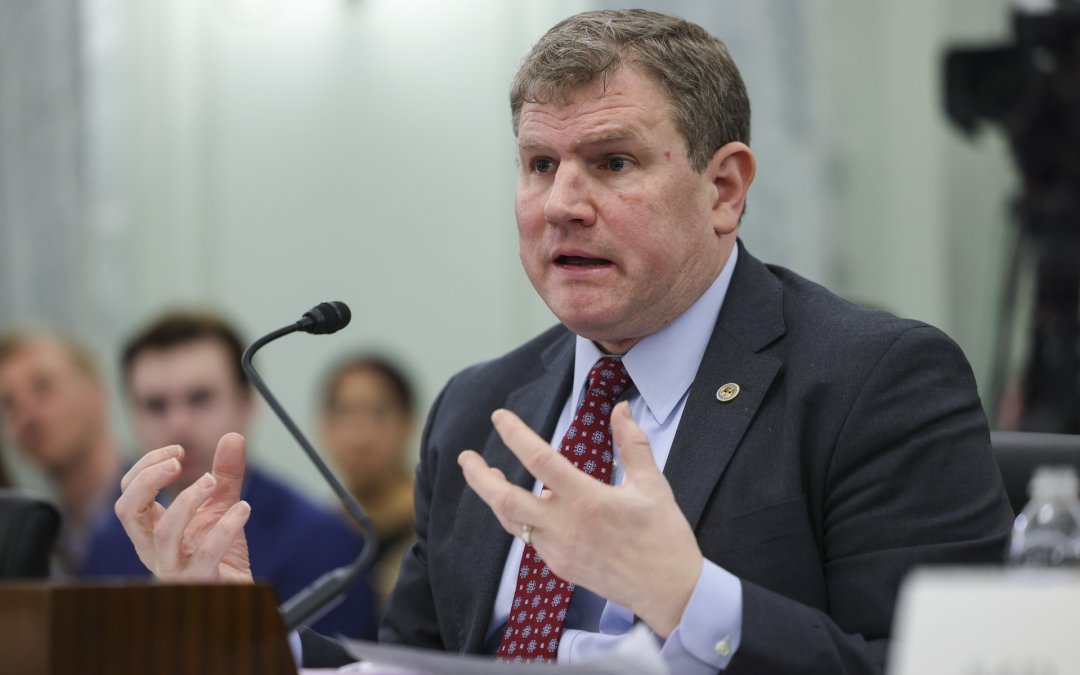WASHINGTON — Experts struggled to provide evidence of China’s operational control in the Panama Canal at a congressional hearing on Tuesday but acknowledged an increase in Chinese infrastructure around the waterway.
With Chinese companies currently operating ports on each side of the canal, Democrats and Republicans who sit on the Committee on Commerce, Science and Transportation shared similar desires to limit China’s economic power in the region. Overall concern for the issue, however, seemed to somewhat mirror party lines, with nearly double the number of Republicans attending the hearing as Democrats.
A professor and Executive Director of Antonin Scalia Law School, Eugene Kontorovich, stressed that the neutrality clause within the 1977 treaty between the U.S. and Panama requires Panama to maintain exclusive control over the canal. He said that Panama has “potentially” violated parts of the treaty, “but it’s impossible to say definitively without knowing more.”
Kontorovich said the U.S. maintains the preemptive authority to intervene on matters related to the canal, stating that each party has the right to use armed force to enforce the treaty, though such a decision “should not be arrived at sort of rashly.”
Federal Maritime Commissioner Daniel Maffei said the committee was “understating” the problem of China’s global influence over maritime commerce.
“You’re onto something, but if you’re just focusing on Panama, that’s only part of it,” he said. “I don’t believe China currently has control over the Panama Canal.”
The hearing came after President Donald Trump’s repeated assertions that the U.S. should reclaim the Panama Canal, a push to end Panama’s control over the essential waterway for the last 26 years.
“We have been treated very badly from this foolish gift that should have never been made,” Trump said in his inaugural address. “And Panama’s promise to us has been broken.”
Senators posed few questions about whether the U.S. should regain control of the canal, focusing instead on national security threats and curbing China’s economic power.
Kontorovich noted that if the U.S. determined Panama violated part of the treaty and decided to cancel the agreement, Panama would likely still retain control over the canal. “Cancellation of the treaty would not necessarily reverse that concession,” he said.
Trump has also said American ships are being severely overcharged, but witnesses repeatedly discredited this claim.
“I think the charges and the fees are less of an issue because they don’t discriminate across countries,” Kontorovich said. “We pay more because we use more.”
Since its completion in 1914, the Panama Canal has proven essential for U.S. commerce, currently accounting for about 40% of U.S. container shipping travels.
“There certainly wasn’t a definitive answer of whether they felt it was in violation or not,” Sen. Tim Sheehy (R–Mont.). “So that’ll really be up to the Senate to decide, and the President to decide, if Panama’s in violation or not.”


